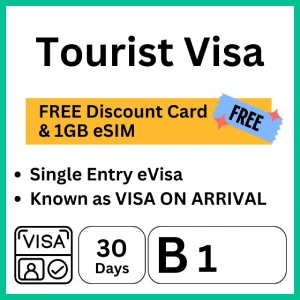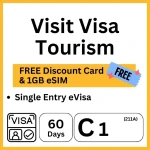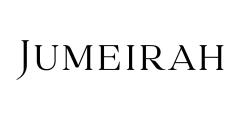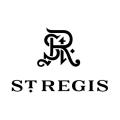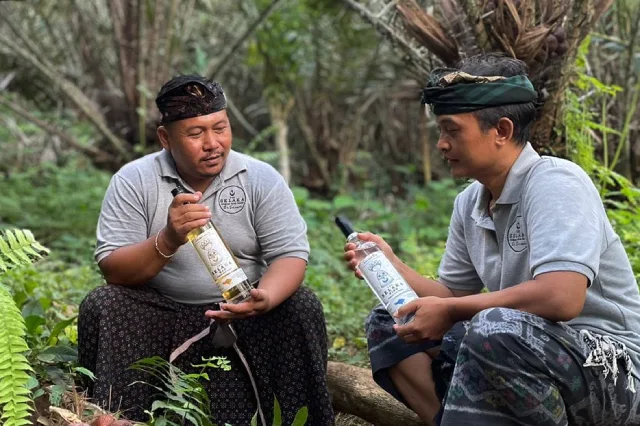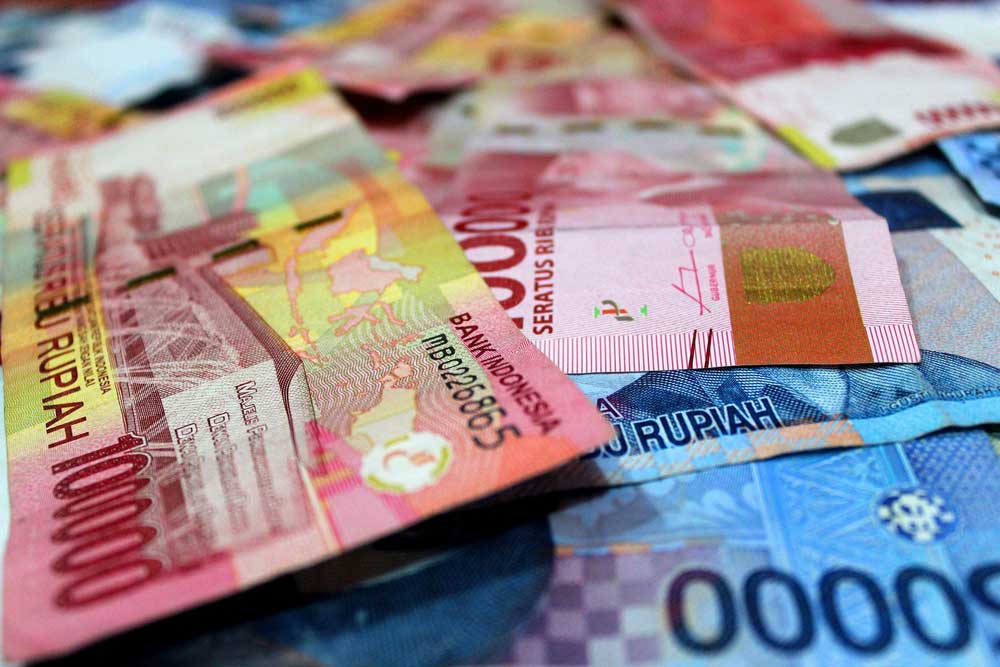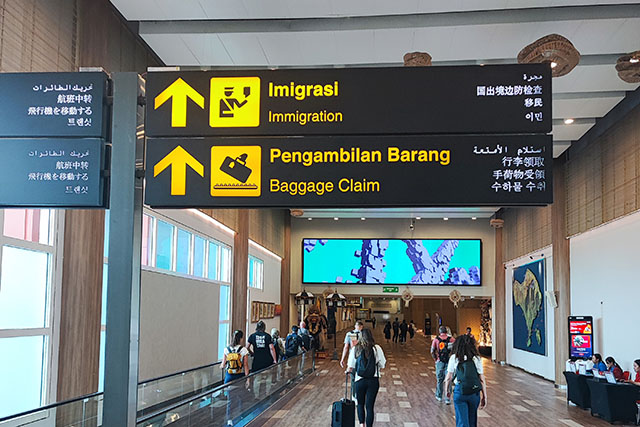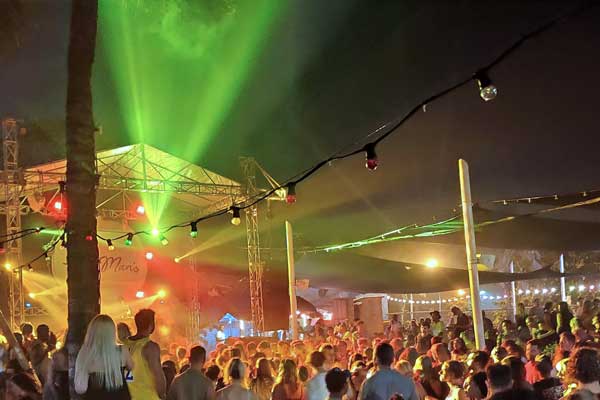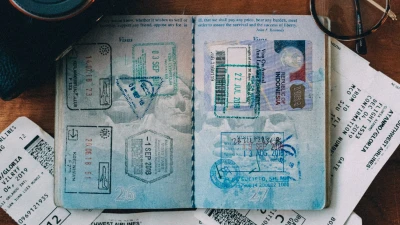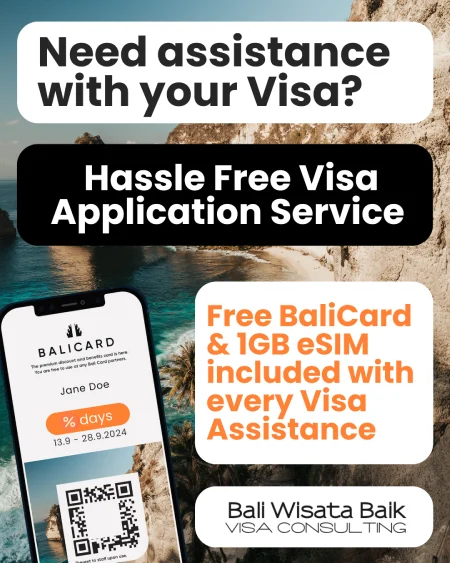Things to Do in Bali
The Ultimate Guide to Payment Methods in Bali: Cash, Cards, and More
Bali is very accommodating when it comes to paying for your holiday expenses and cashless payments are on the rise. The local population uses several payment apps and QR code payment systems which are working smoothly and very efficiently.
As a tourist, usually one does not have access to those payment gateways, nevertheless using credit cards, pulling money from ATM machines and changing money is easy.
The Currency in Bali and Indonesia
The Indonesian Rupiah – IDR
Indonesia uses the rupiah (IDR) as its official currency. Since some of its bills contain a lot of zeroes, it might seem like you have enough money to buy a private island when, in reality, you probably only have enough to buy you a meal.
The official currency symbol is IDR, but very often you can see Rp. being used.
Contrary to what might expect the Indonesian Rupiah has been pretty stable over the years.
You can check the current rates here:
Click for Exchange Rate and Currency Converter
Very Roughly: IDR 100,000 equals
AUD 10
USD 7
EUR 6
Indian Rupee 550
There are coins with the value of Rp. 50, Rp. 100, Rp. 200, Rp. 500 and Rp. 1,000
Because of their low value, people kind of try to avoid using them.
Notes are available at Rp. 1,000, Rp. 2,000, Rp. 5,000, Rp. 10,000, Rp. 20,000, Rp. 50,000, and Rp. 100,000,-
You are not allowed to bring cash into the country that exceeds the value of IDR 100,000,000, otherwise a declaration must be filed, and you will have to pay a tax on the total amount.
Yes. Credit Cards in Bali (Visa & Master) are widely accepted
Visa and MasterCard are the most accepted credit cards in Bali. Only a few hotels and restaurants do take Amex, Diners Club even less.
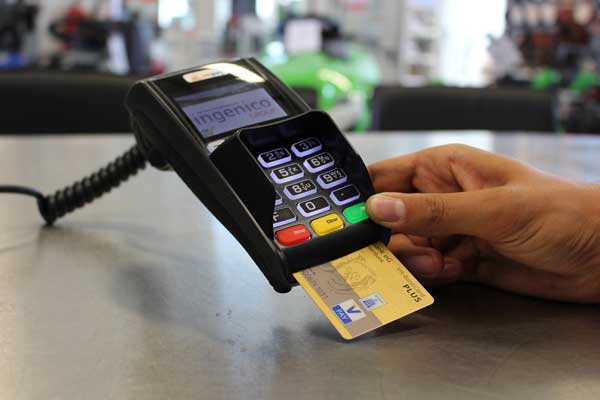
Credit card acceptance is widespread in today’s retail establishments, especially in Bali’s high-traffic areas where tourists frequent. Hotels, restaurants, shops (not the “hole in the wall”-shops) will accept your card,
However, you shouldn’t rely on your plastic as much as you would in more remote places the only acceptable way of payment.
Therefore, most places accept credit cards, but some of the smaller ones, as well as hotels, guesthouses, and home-stays, tack on a 3% surcharge. This is because businesses incur a fee of 2% or more when using credit cards, and small and private vendors will pass along that cost to the consumer. Even though it’s not “correct” from the perspective of the credit card companies terms and conditions, you can’t argue your case when this happens.
Yes!
the many small shops selling souvenirs and gadgets will most likely accept credit cards. These are also the places where you rarely find price tags and bargaining is common to get a fair price for your souvenirs.
Smaller restaurants and local Warungs (local restaurants) might also not have a credit card machine.
We get asked also quite often if it is better to use cash or card for small purchases in Bali? Definitely a Yes!
Handling Cash & Paying in Rupiah
As mentioned above Cash is still a very important form of payment in Bali, particularly in the smaller shops and also when you need to pay for your transportation, or if you need gasoline. The 100,000 bills are the largest bills. It’s useful if you take also some smaller bills with you. Small shops and street sellers might struggle to make change, so 50,000 and 20,000 notes will be needed.
Cash Tips
- Always carry a bit of cash with you when you leave the “house”.
- Keep enough IDR cash with you at all times since the more remote you are, the less likely you are to find a money changer (or a working ATM, or the ability to pay with credit card).
When you get to the airport, change some of your cash at one of the official money changers or get some money from an ATM using your credit card right after you got through the customs. There are plenty of money changers and ATM machines. You won’t miss them.
Particularly do so, if you get a cab from the airport to your hotel, so you can pay the driver. Getting a cab at the airport can be quite stressful and confusing. So we suggest to arrange and pre-book your airport transfer either via your hotel or you can pre-book here on Bali.com
Airport Shuttle and Transfer from Denpasar to your accommodation
(with a BaliCard you get 10% Discount)
ATM Machines – Getting Cash Easily
Cash may be withdrawn from any of the many ATMs in Bali’s busiest locations using your international debit or credit card or a card from the MAESTRO CIRRUS network. You should bring extra money with you if you want to visit remote locations, such as the north of Bali or Nusa Penida, Ceningan Island.
ATM Tips
- ATMs dispense either 50,000 or 100,000 notes. A sticker will clearly indicate which one.
- Most ATMs in Bali allow a maximum withdrawal of 1,250,000 (50,000 bill machines) to 3,000,000 rupiah (100,000 bill machines) per transaction with a total maximum of 6,000,000 rupiah withdrawal a day.
- Be aware that often machines will hand out the money first before returning your card. Make sure you do not walk away without taking your card! The chances are very low that you can get it back.
- Rates and fees will be determined by the financial institution you typically use at home. Before making an ATM withdrawal, you should probably double-check the fees with your bank.
- Even if the fee is 3 to 5 USD the exchange rate that you get might compensate for the cost. Because if you change cash at a money changer they also don’t give you the bank rate but a lesser rate
- Check to see if your card can be used overseas and inform your bank of your travel destination, as it has happened on a few occasions that travelers find their cards blocked by their bank as their sudden overseas spending was seen as suspected fraudulent use.
- The most popular ATMs to withdraw money from are Bank Central Asia (BCA), Bank Mandiri, Bank Negara Indonesia (BNI), and Permata Bank. More Commonwealth ATMs are popping up the island in recent years.
- There have been a few cases of digital pad skimming devices found in ATMs. It is always wise to use ATMs placed in banks, shopping malls, shops and places with security camera.
Money Changers & Changing Money in Bali
Be aware that practically all money changers in Indonesia are quite picky about the condition of foreign notes they are willing to accept. If you must bring cash with you, please only bring in brand-new, crisp bills, since any bills that even seem slightly folded will not be accepted by banks and will only be exchanged at a discount by money changers.
Authorised Money Changers in Bali
The authorised money changers are the best option.
- They have security cameras
- They have proper signage & updated exchange rates (usually LED)
- There in a respectable location
- They give off an air of reliability and trustworthiness
- They have money counting machines
- They give you a fair rate
Exchange Rates

The “Shady Money Changers”. Avoid them if you can
If at all possible, you should avoid exchanging currency at “hole in the wall” establishments. Most of them are fine. But…
- Some con artists will tack on surprise, high-priced charges at the end or use “tricky fingers” when counting your money.
- Use caution and double-check your cash if you must use a “hole in the wall” changer.
- Don’t get distracted, and don’t leave the counter until you’ve counted the money you’ve taken in.
- Check the exchange rate ahead of time so you know what how much money you should get back.
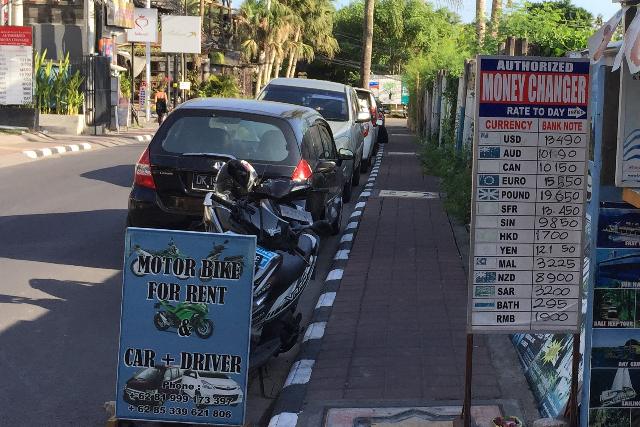
How to Exchange Leftover IDR to USD, EURO, AU$, ETC.
If you have any leftover Rupiahs (IDR), you can exchange them into other currencies in Bali before boarding your international flight. Popular options include the Australian dollar, Euro, and US dollar. There is no way the exchange rate could be as favorable as it was just after the first exchange. Yet, you would receive a far worse rate if you tried to do the exchange at a bank in your own country (if they exchange it at all)
One can say, the small shops that don’t show any price tags are the places you definitely need to bargain. In most cases they will not accept credit cards anyways. So cash is king here.
Traveler’s Cheques are a “memory of the past”.


